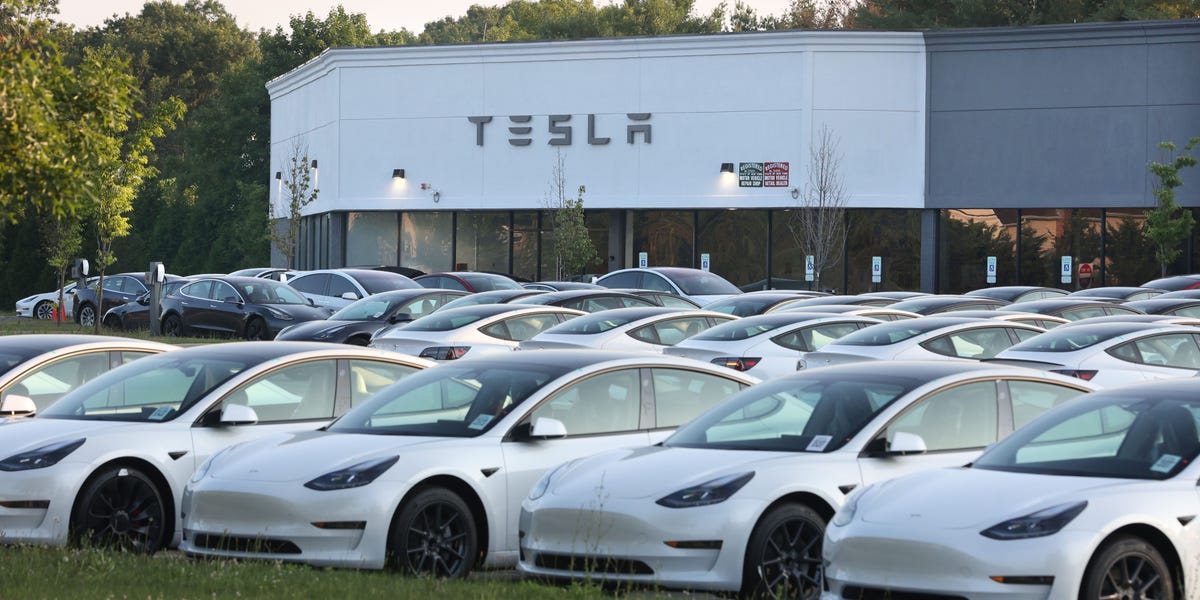Tesla Shares Bounce Back: Premarket Gains Signal Potential Turnaround After Monday's Dip

Tesla's stock showed resilience in pre-market trading, edging up 0.17% despite recent challenges in the electric vehicle market. The modest gain comes on the heels of a 1.3% decline on Monday, triggered by news of a reduced market share in the competitive US electric vehicle landscape.
The company's market presence has narrowed to 38%, reflecting the increasingly intense competition in the EV sector. Investors and market watchers are closely monitoring Tesla's strategic moves as the electric vehicle market continues to evolve and expand.
While the dip in market share represents a notable shift, Tesla remains a significant player in the rapidly transforming automotive industry, known for its innovative approach and technological leadership in electric vehicles.








